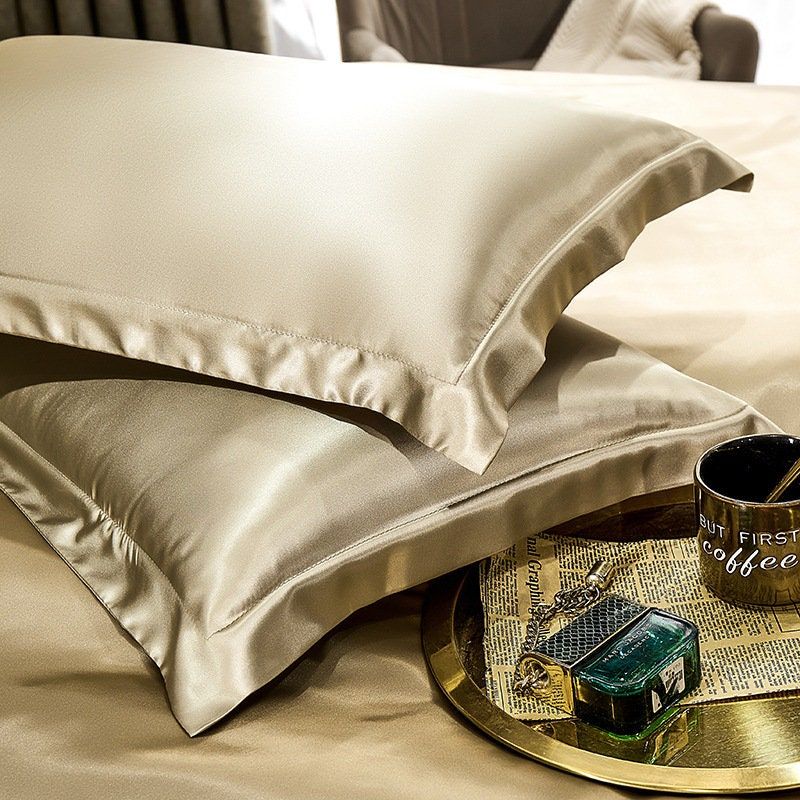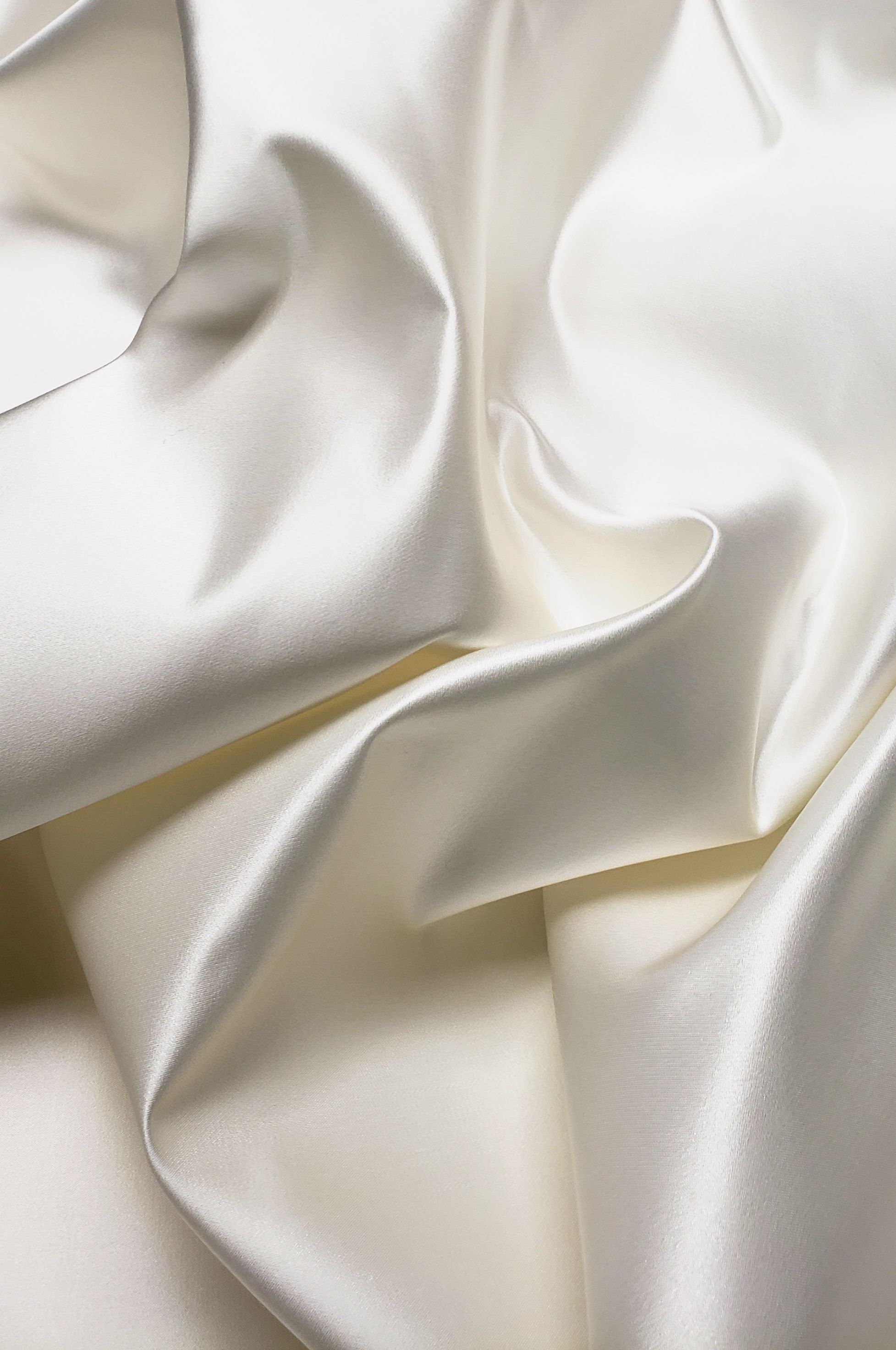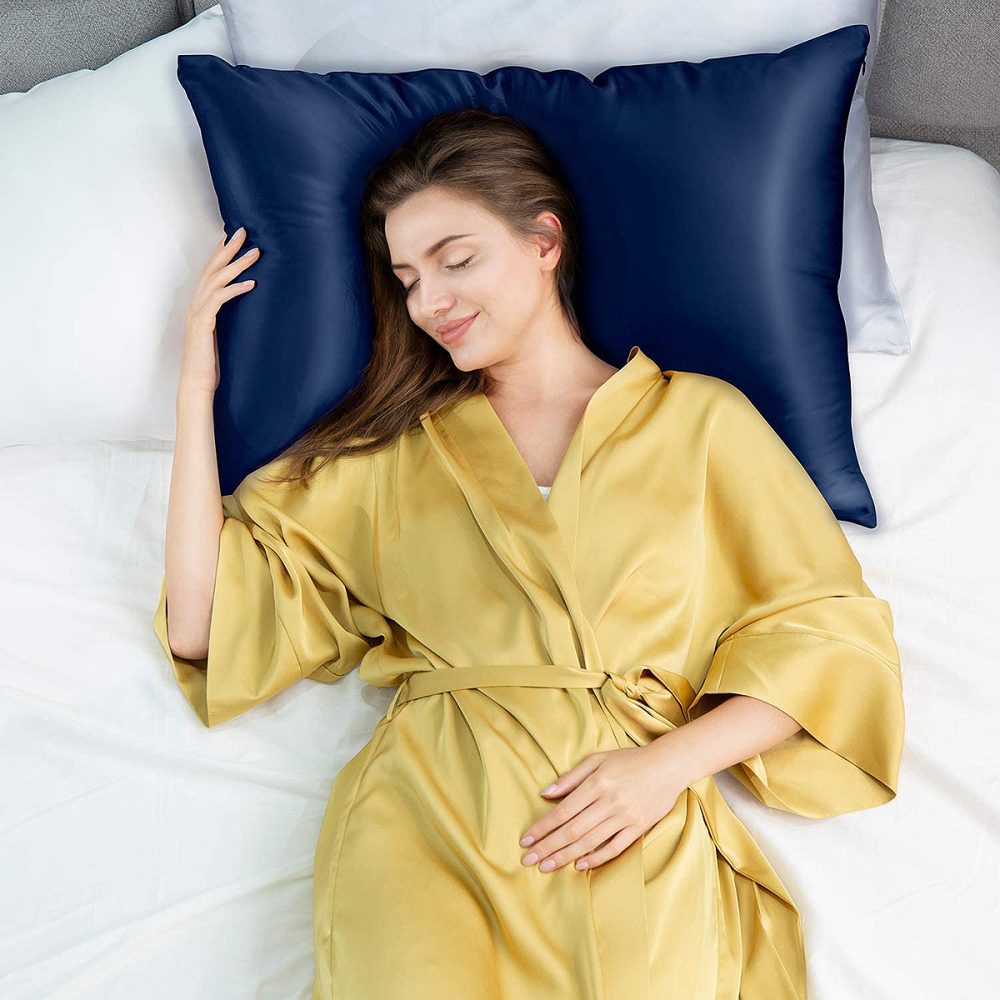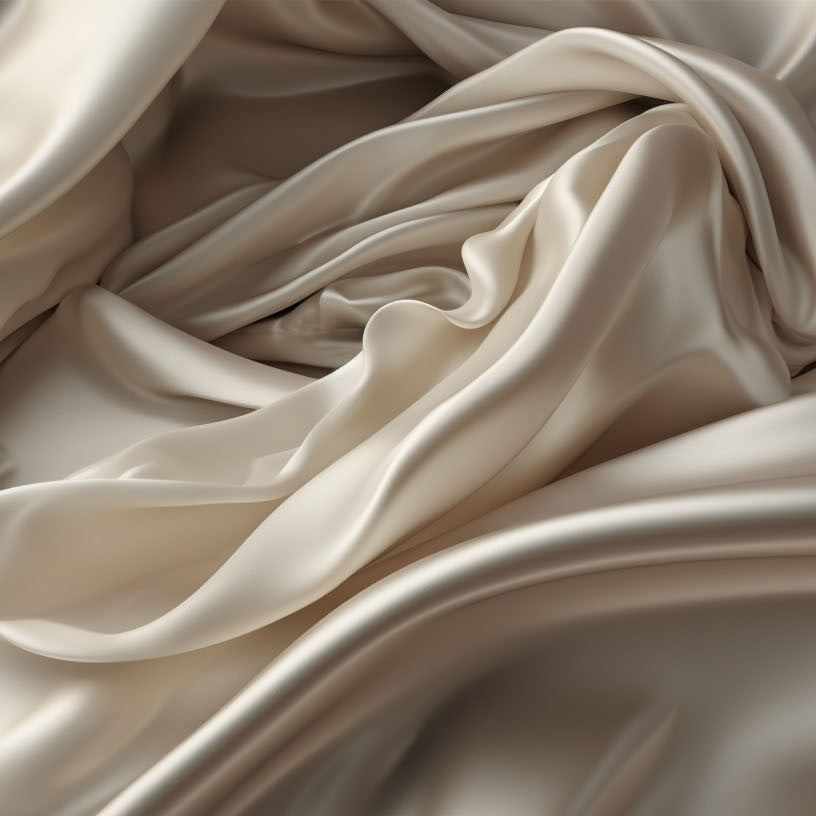Why Silk is Beneficial for Skin and Hair Health
Silk is one of the most luxurious fabrics. It’s also one of the most beneficial for skin and hair health. Silk is made up of natural fibers and contains the protein sericin, which helps retain moisture and provides protection from harmful UV rays.
Silk is also hypoallergenic. So it is perfect for people with sensitive or allergic skin. In this blog, we’ll discuss the many benefits of silk fabric for skin and hair health.

Benefits of Silk
There are many unique benefits of silk for skin and hair health. It contains the protein serine, which helps retain moisture in the skin and hair.
Skin and hair will become softer and less irritated. Silk is also able to provide protection from the sun’s UV rays, which can be damaging to the skin and hair. Finally, the silk material is hypoallergenic to human skin. This means that it does not trigger some allergic reactions.

Skin Benefits
Is silk good for your skin? Sure! Silk is beneficial for skin health in many ways. The first thing is that it helps to improve elasticity. This helps prevent wrinkles and other signs of aging. Silk also helps reduce irritation, as it is gentle on the skin and smooth. Finally, silk can help protect those with sensitive skin from allergens.

Improved Elasticity
Silk contains the protein sericin, which helps retain moisture in the skin and make it more elastic. This helps prevent wrinkles and other signs of aging. This is because elastic skin is less likely to sag and wrinkle.

Reduced Irritation

Protection from Allergens
Silk fibers are coated with a protein known as sericin. Sericin repels dust mites, which are a major source of allergic irritation.
Sericin also makes silk resistant to mold, fungus, and bacteria. This means silk fabric is naturally hypoallergenic. This makes silk ideal for people who suffer from allergies or skin conditions.

Hair Benefits
Is silk good for your skin? Sure! Silk is also beneficial for hair health. The type of fabric you sleep on at night could have a huge effect on the hair. Silk helps reduce breakage, as its natural fibers are less likely to cause tangles and breakage. Silk also helps add smoothness and shine to the hair, as its proteins help retain moisture and add luster.

Reduced Breakage
Sleeping on cotton pillowcases or sheets can be very rough on the strands, creating friction, and friction equals great potential for breakage and shedding.
Switch your pillowcases to silk or satin. Opting to sleep on a silk or satin pillowcase will significantly help reduce and prevent waking up to the horrifying image of hair everywhere.

Smoothness and Shine
This helps make the hair look smoother and healthier. Silk is made up of natural fibers, which are less likely to tangle smoothly and cause breakage. This makes it ideal for those with delicate or brittle hair.
Conclusion
Silk has many benefits for skin and hair health. It contains the protein sericin, which helps retain moisture and provides protection from the sun’s UV rays. Silk is also hypoallergenic. This makes it ideal for those with sensitive or allergic skin. For hair, silk helps reduce breakage and adds smoothness and shine. With all these benefits, silk is an ideal fabric for skin and hair health.
FAQs:
Q1: Why is silk good for hair and skin?
A1: The tightly-woven, smooth fibers of silk help keep moisture close to the skin, says Jennifer Peterson, MD, a dermatologist at the Dermatology & Laser Surgery Center in Houston. When you wake up after sleeping on a silk pillowcase, your face will be better hydrated than if you slept on cotton.
Q2: How does silk improve skin?
Is silk good for the skin? Sure! Silk reduces skin irritations, a major benefit to those who have sensitive skin, allergies, or skin conditions. It also locks in hydration, leading to plump skin cells and fewer wrinkles.
Q3: Why is silk good for hair?
Silk is smooth and soft, which helps minimize static on hair—and mitigates other hair-related concerns. "Friction from cotton can disrupt the cuticle layer, leading to frizz, breakage, sleep crease, and dry strands," says Justine Marjan, a celebrity hairstylist.
Related Reads

The Ultimate Solution for Acne-Prone Skin: Silk Pillowcases

Dream in Silk: The Ultimate Guide to VAZASILK's Silk Hair Sleep Bonnet

Discover the Age-Defying Benefits of VAZASILK Silk Pillowcases

